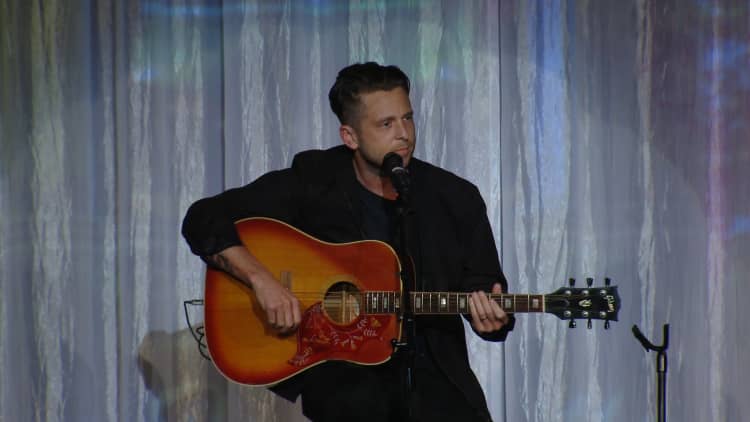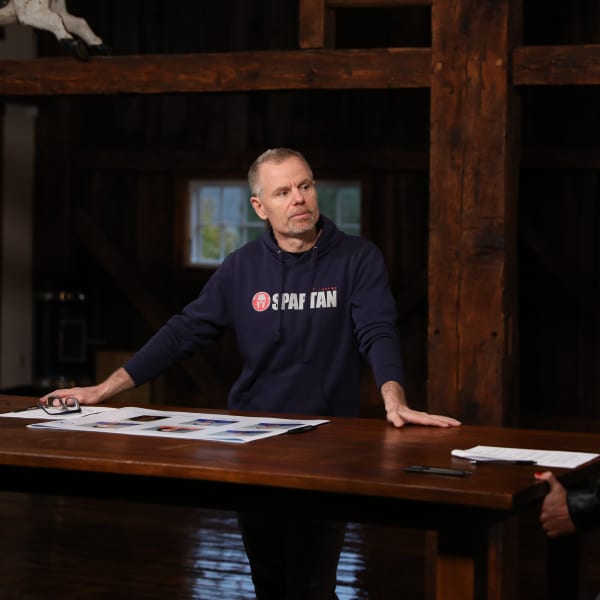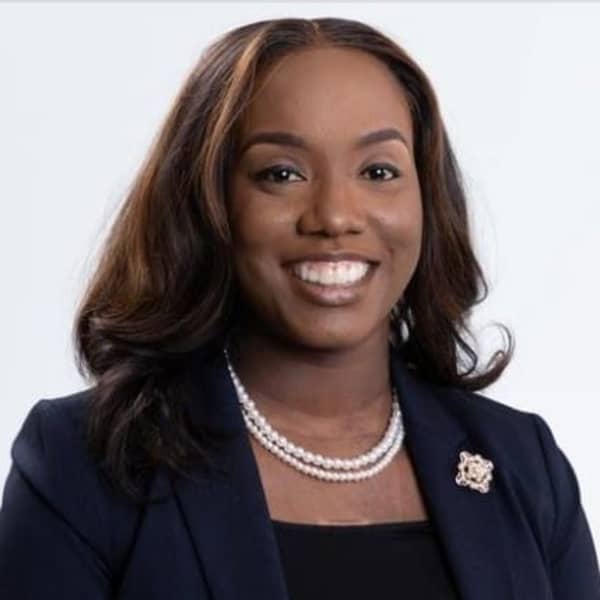Singer-songwriter Ryan Tedder knows a thing or two about hitting the right note.
The three-time Grammy winner and lead vocalist of pop rock band OneRepublic has written some of the best-selling singles of all time, including Beyoncé's "Halo," Leona Lewis's "Bleeding Love" and Timbaland's "Apologize" (featuring OneRepublic). He may not hold the next winning lotto ticket, but he's surely hit the jackpot.
"You can kind of be a millionaire overnight from one hit record," Tedder tells CNBC Make It. "It's like winning the lottery."
Tedder says that one hit song on the radio, coupled with streaming, can really make a songwriter's career. Just how much success boils down to the song's scope of popularity and the percentage of song that the songwriter owns, so "definitely try to write as much of those songs as you can," Tedder says.
Songwriters receive royalties in various ways: from the sale of a song (either on an album or a legal digital download); when the song is played on broadcast radio (AM or FM stations) or via online streaming services; when the song is played in a live performance venue; and when the song is licensed for use (known as "synch fees").
Royalties are typically split among multiple people, including the writers, record labels, producers and artists, so the more you own, the more money you earn.
How Ryan Tedder made it in music
Tedder wrote his first song at 15 and from an early age knew he wanted to be in television, music or film. He got his start in the business by cold-calling executives at film studios and record labels to find a human resources contact. Eventually it paid off and Tedder landed his first internship with DreamWorks in Nashville, Tennessee, at a music publishing office that launched his songwriting career.
He has since made a name for himself working with artists including Jennifer Lopez, Ludacris, Justin Timberlake, Adele, Paul McCartney, Ed Sheeran, Jonas Brothers and Taylor Swift. He also stars on NBC's Songland.
But despite being household names, the artists Tedder worked with weren't taking home huge chunks of their songs' profits.
Tedder says he was really lucky that he owned 100%, or the majority, of some of his biggest songs. "I owned my own publishing for anything that was outside of OneRepublic," he says. "I wasn't giving 25% away every time I had a cut, I was keeping about 97% of every dollar that I made outside of OneRepublic."
After the release of songs "Apologize" and "Bleeding Love," Tedder had earned enough to pay cash for a house.
Today, songwriters like Tedder are up against a different battle. Radio, which was once the "bread and butter" for songwriters, promises less money than it used to as it competes with streaming music services. To make more money, songwriters turn to synch and licensing deals for TV commercials and movies.
Other avenues for making money in the music industry
"If you get the right car commercial, you can make a million dollars," Tedder says. "Or Target, or Canon, an Apple campaign. Those songs can go on and on and on and live on forever."
In fact, that is how Tedder himself made his first big sum of money: writing songs for movies. Once he realized that there was this whole other avenue of writing original songs with countless movies being made and with budgets exceeding those of record labels, he dove into that heavily.
"Around 2005/2006, I was about 25/26, and that's when I first got my head way above water, paid back my student debt," Tedder says. "My bank account went from probably — I'm not even joking — $5,000 to like $250,000 overnight because I was doing so many songs for movies — $20,000 here, $40,000 here, $50,000 there, so on. I would just say yes, yes, yes and work around the clock."
Tedder's "Good Life" song for OneRepublic was in a Disney campaign that he believes ran for three or four years.
More from Invest in You:
Here's how to avoid taking on new debt this holiday shopping season
Simple tricks from home designers to help you save thousands
4 ways to avoid the overspending trap this holiday
While writing a major hit can be lucrative if the songwriter owns a proportionate percentage of the song, the biggest hits don't necessarily become the biggest licensing songs, Tedder says.
"I have a song I wrote called, 'Brighter Than The Sun,' [with] Colbie Caillat," he says. "That song made five times more from television commercials and movies than it probably ever did from sales or radio."
Tedder adds that the songs that are the biggest in licensing are typically non-romantic songs.

"Songs that are about girls or relationships don't really play that well for licensing and for synchs," he says. "But songs that are about positivity, like Pharrell Williams's 'Happy,' they'll get licensed for decades."
For Tedder, whether it's writing big hits or creating a song that gets licensed for years, songwriting allows him to pay for a comfortable life and a roof of his head — but he doesn't do it just for the money.
"It's not about money, you can't go into a songwriting session thinking about money, you just can't," he says. "It taints the whole process if you do it for money, or do anything for money. Money is the byproduct of understanding your reality and executing it as well as you can, and fortunately I was able to execute some songs well over the course of the years."
SIGN UP: Money 101 is an 8-week learning course to financial freedom, delivered weekly to your inbox.
CHECK OUT: How much to tip a doorman, babysitter, and others for the holidays, according to an etiquette expert via Grow with Acorns+CNBC.
Disclosure: NBCUniversal and Comcast Ventures are investors in Acorns.








